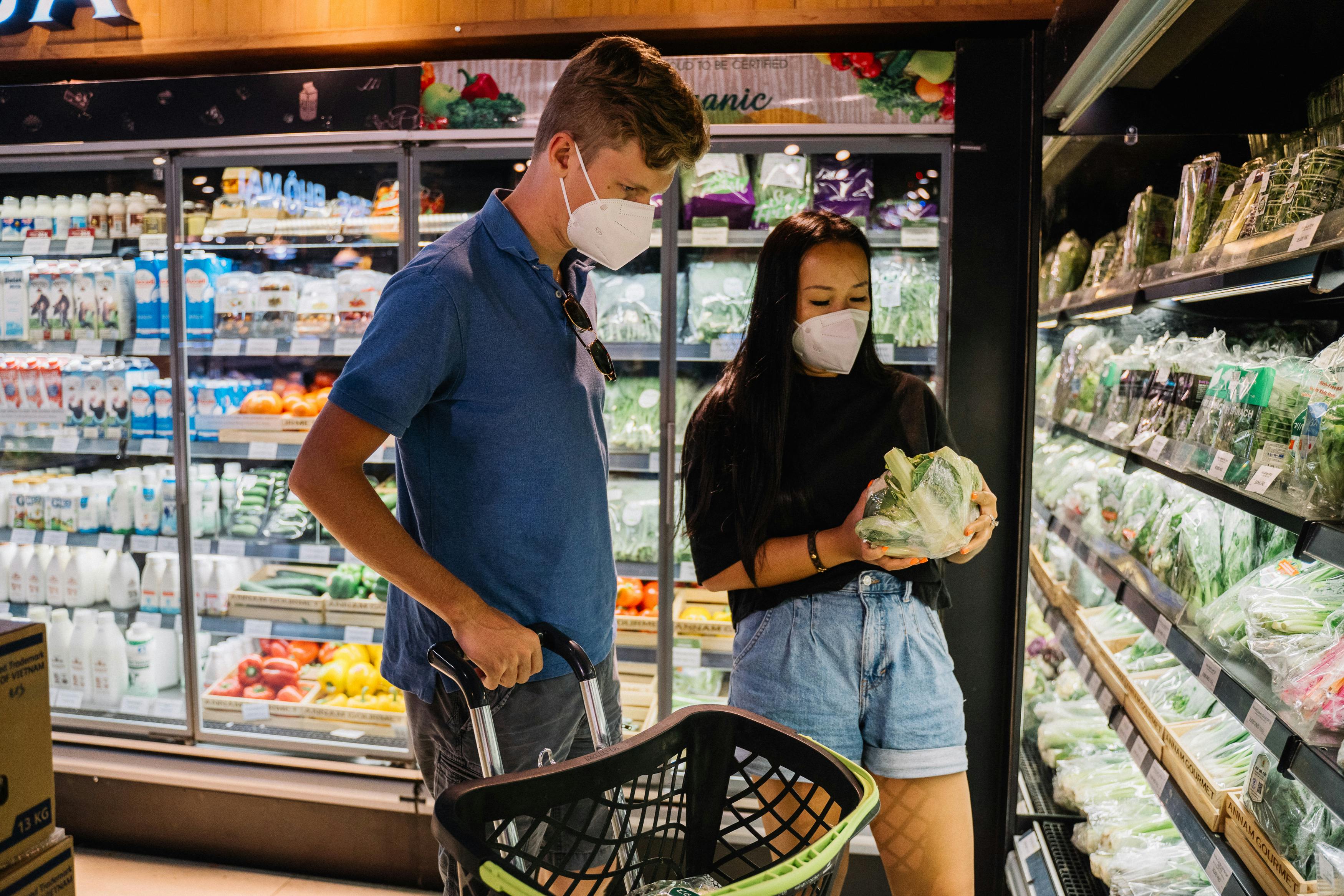[FMCG] Vietnam's Economic Outlook 2024: Positive but Challenging
According to a research by Kantar, Vietnam's economic outlook is positive, with retail sales continuing to improve by 9.6% and inflation kept well under the government's target of 4.5%. However, the challenges of rising costs remain visible amidst economic uncertainty, particularly for the financially struggling consumer groups. After a strong post-COVID economic performance in 2022, Vietnam posted a slower GDP growth of 5.05% in 2023 due to various external headwinds and internal constraints.
Looking ahead, Vietnam's economic outlook remains promising, with a projected GDP growth rate of 6% for 2024, positioning it as one of Southeast Asia's fastest-growing economies. Additionally, Vietnam's economic scale is expected to increase significantly from 2023 to 2038, potentially ranking 21st in the global economic rankings by 2038. This projection highlights the long-term potential of Vietnam as an economic powerhouse and a growing consumer market.

Population Insights and Consumer Behavior
In 2023, Vietnam's population reached 100 million, making it the 15th most populous country globally. The country has over 28 million households with an average household size of 3.5 members. There's a significant urban-rural divide, with 38% of the population living in urban areas and 62% in rural areas. A notable portion of the population is young, with nearly 25% being part of the Alpha generation (0-14 years old) and 30% aged between 15 and 35.
The behavior of young consumers, particularly those aged 7-12, is noteworthy, with 55% of them buying their drinks at least once a week, and in urban areas, they consume an average of 4 drinks per week. Together with Gen Alpha accounting for a significant portion of the population, all of Gen Z are on the cusp of entering the workforce within the next five years, presenting another exciting opportunity for businesses.
Consumer Reaction to Economic Fluctuations
Vietnamese consumers have shown varying reactions to rising prices of fast-moving consumer goods (FMCG) and economic uncertainty. Initially, they engaged in "stockpiling" by purchasing in bulk to save costs. However, by the second quarter, consumers shifted towards "budgeting" by opting for lower-priced products and reducing purchase volumes, despite the slowdown in inflation.
Spending Behavior by Pressure Group
Understanding the shift in spending behavior among different consumer groups is critical. Budget-conscious consumers are likely to demand more affordable options and value-driven promotions. Meanwhile, higher-income segments may be less sensitive to price increases and more willing to embrace premium products where brands can effectively communicate their unique value proposition.

The New Consumer Groups - Gen Alpha and Gen Z
Generation Alpha, currently in their early years, are digital natives with unprecedented access to global trends and information. They represent a future generation with distinct consumption habits and spending preferences. Alongside Generation Alpha, the entire Gen Z cohort is poised to enter the workforce within the next five years, creating an exciting opportunity for businesses.
The New Era of Consumers
Vietnamese consumers are becoming increasingly savvy and demanding. With greater access to education, technology, and information, consumers are now actively researching products, comparing prices, and demanding transparency from brands. This shift is having a significant impact on the FMCG sector, requiring brands to adapt to an increasingly complex and dynamic consumer landscape.
Digital Transformation and Rural Market Potential
The rapid rise in mobile device ownership in rural areas is changing digital shopping behavior, creating new opportunities for FMCG brands. This trend underscores the potential for growth in rural areas, where consumers are increasingly adopting shopping habits similar to those in urban areas.

Conclusion
2024 will be a challenging year but also one filled with opportunities for Vietnam's economy. FMCG businesses need to understand and adapt to the changing consumer behaviors to capture opportunities and grow sustainably in an increasingly competitive environment.
Subscribe SOSP Consulting Group for more reports and updates.
Need full report? Please email to mkt@sospgroup.com.






